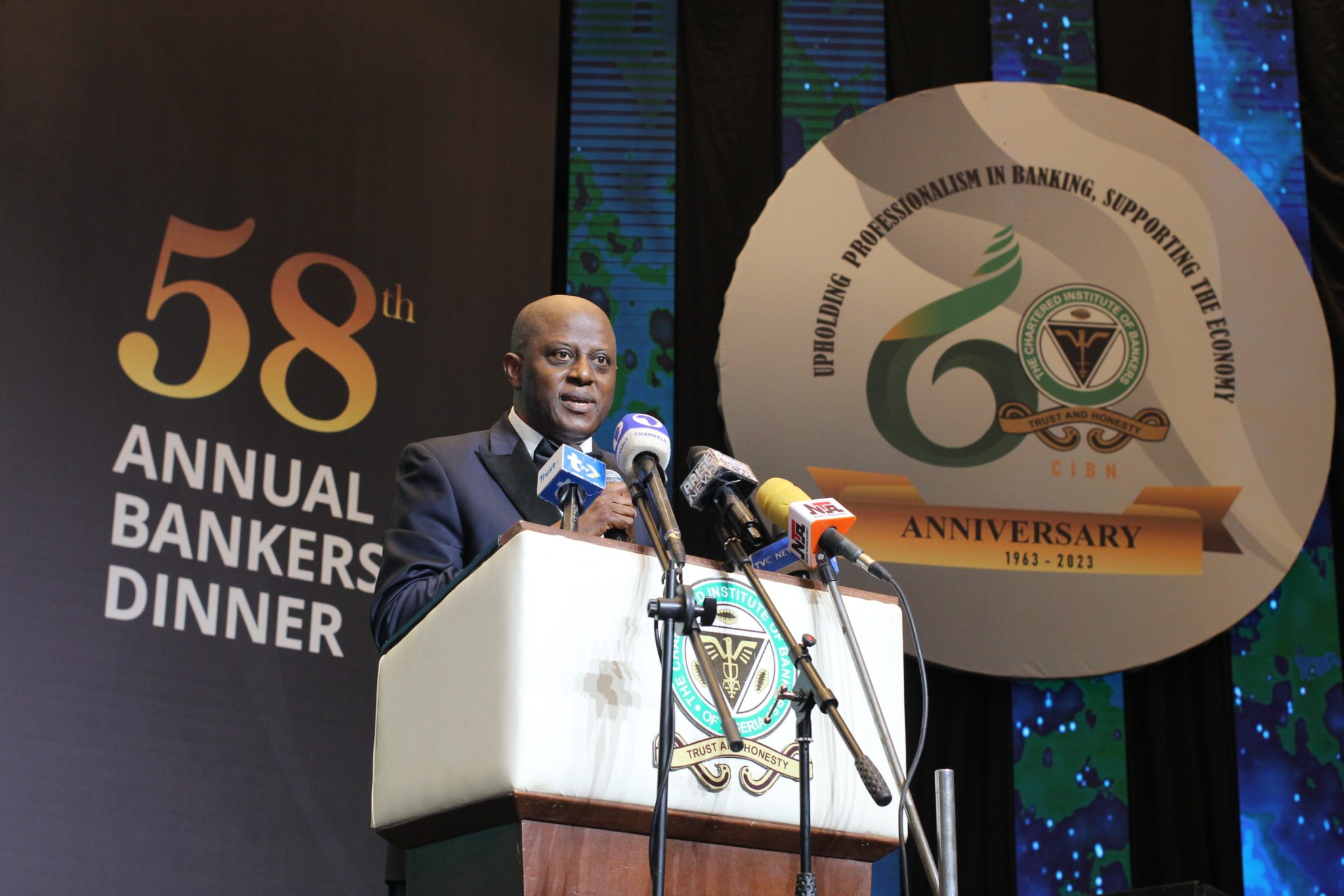Members of the Monetary Policy Committee voted to raise interest rates by 150 basis points to 26.25% from 24.75%, a moderate increase following more aggressive rate hikes in February and March. The vote for a moderate increase is unsurprising as the general thinking is that more time is needed for the previous rate hikes to have an effect.
At least four policy experts surveyed by TechCabal predicted a 100 basis point hike.
“The key focus of the MPC at this meeting remained to achieve price stability to rein inflation. Members observed that while year-on-year inflation rose moderately, the month-on-month measures of food and core declined significantly,” said Olayemi Cardoso, the Central Bank chief. “The tight monetary stance of the bank is yielding outcomes.”
Nigeria’s inflation rate has continued to accelerate despite those rate hikes; in April, headline inflation rose to 33.69% with food inflation reaching unprecedented levels. This week’s Monetary Policy Meeting was a test of the bank’s resolve to keep raising rates until inflation moderates.
“The persistent weakness of the Naira will continue to drive higher inflation, necessitating even higher interest rates and leaving a precarious outlook for non-oil sector growth,” a note from Agora Policy, an Abuja-based policy research firm said.
“We need to take some tough decisions on the fiscal side, you can’t hike your way out of this mess,” Prof. Joseph Nnanna, Chief Economist at the Development Bank of Nigeria said.
In the FX market, price stability is a continuing issue. Despite being the best-performing currency in April 2024, the naira has lost all of those gains. An outsized focus on “unathorised FX” trading has led to a raft of policies, but FX volatility remains.


















